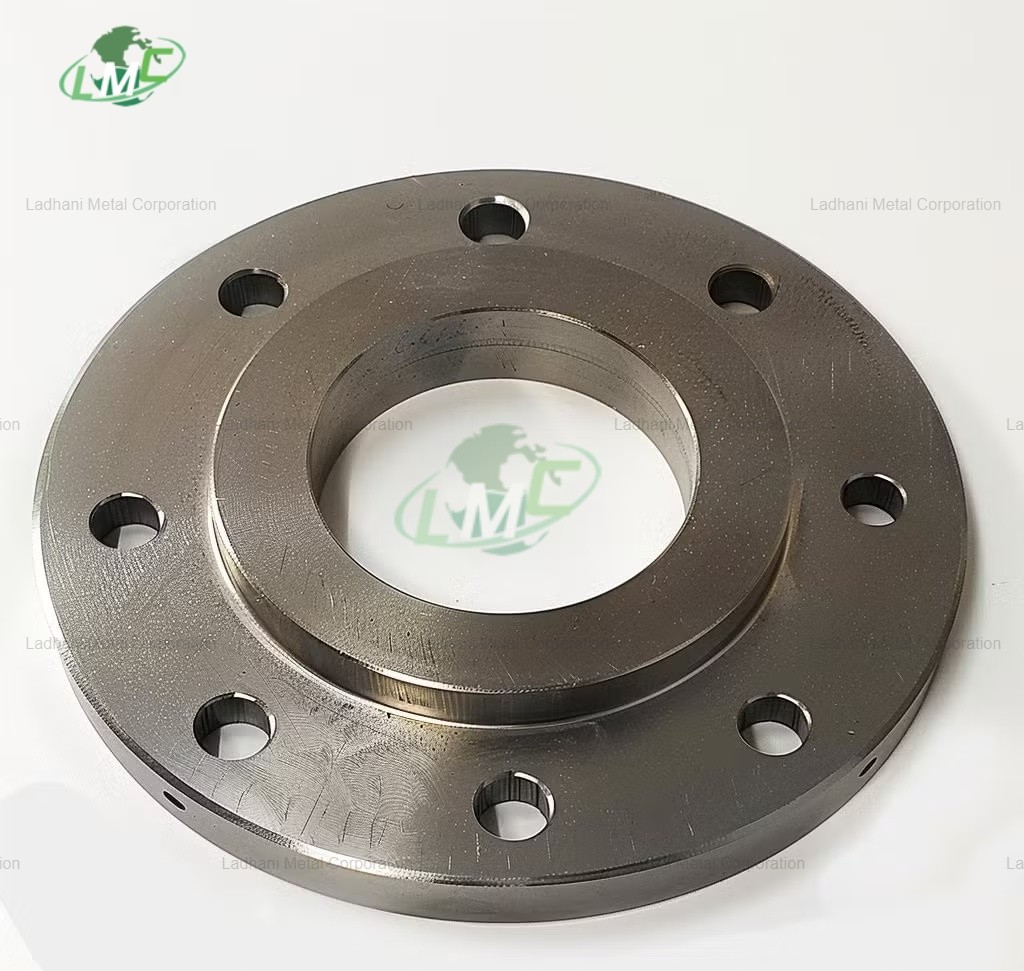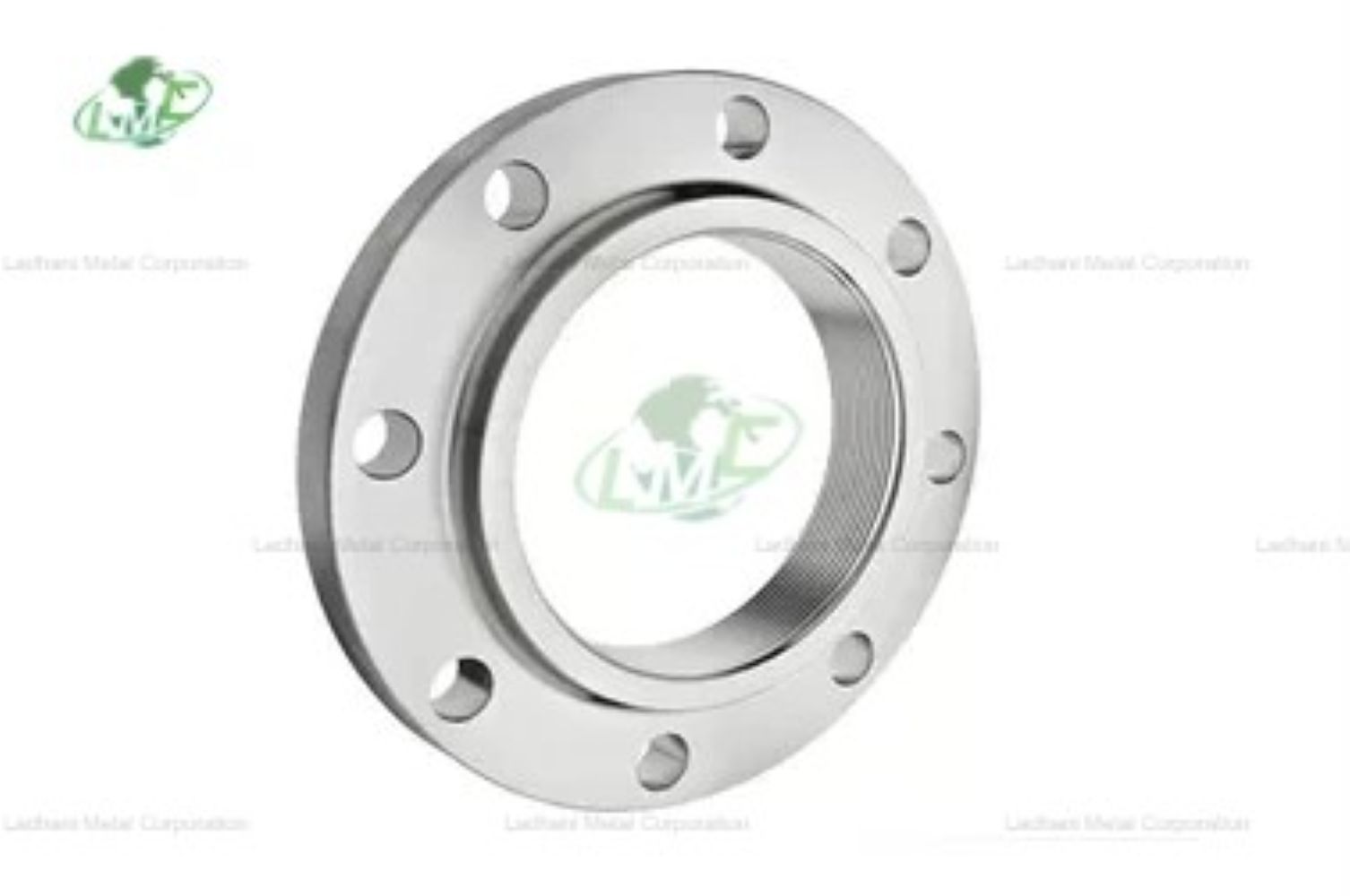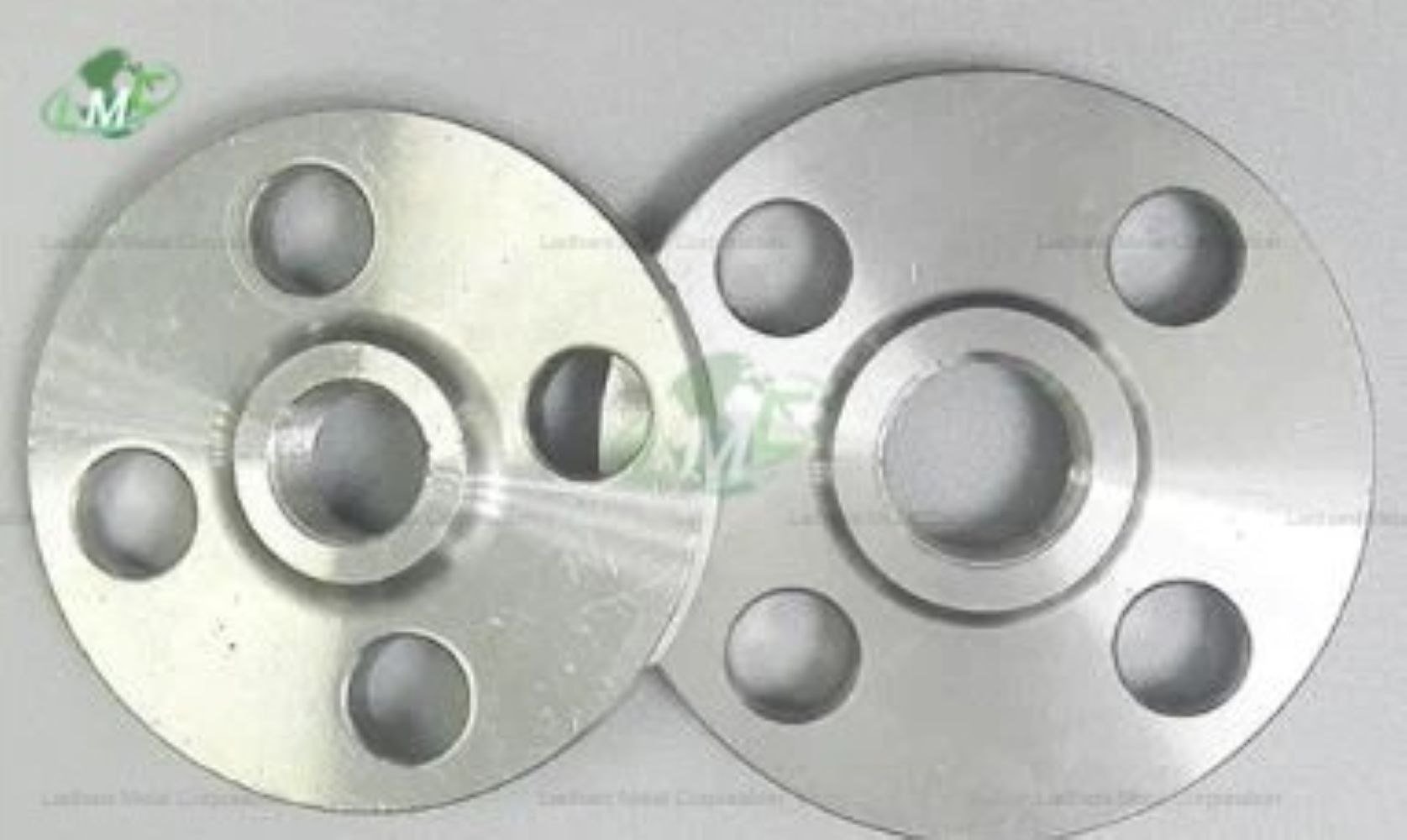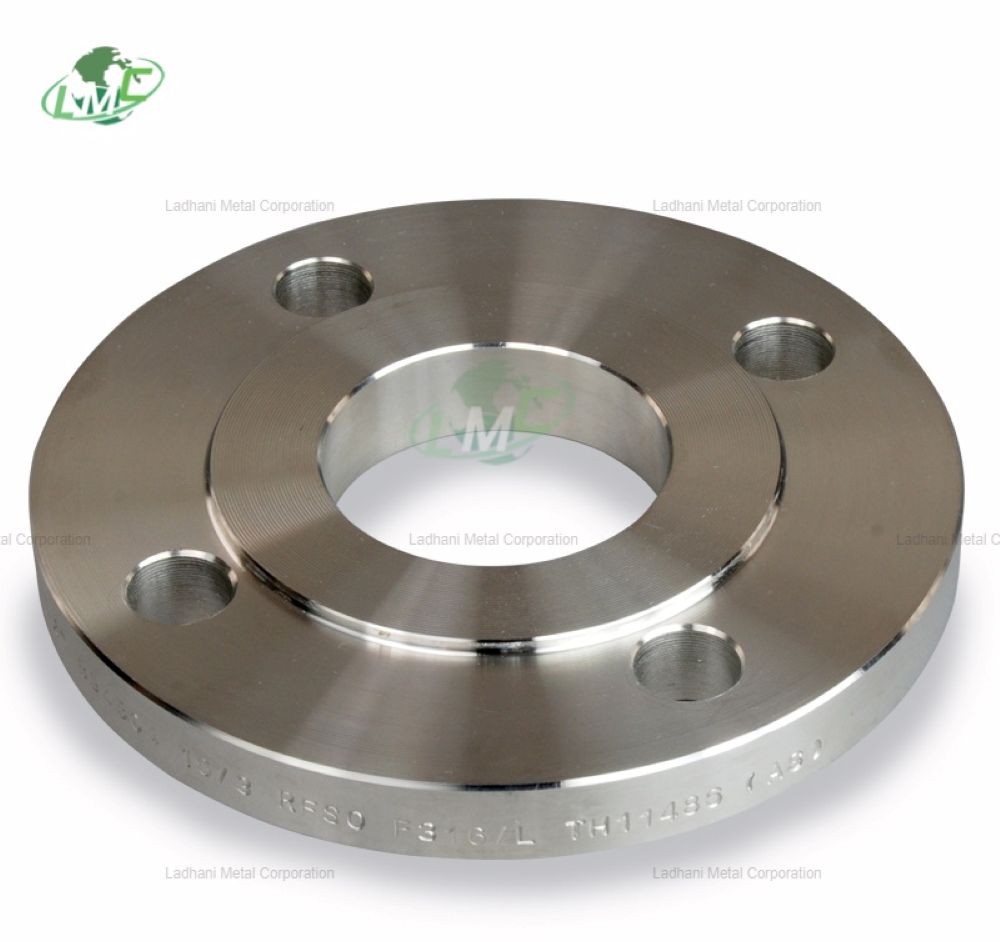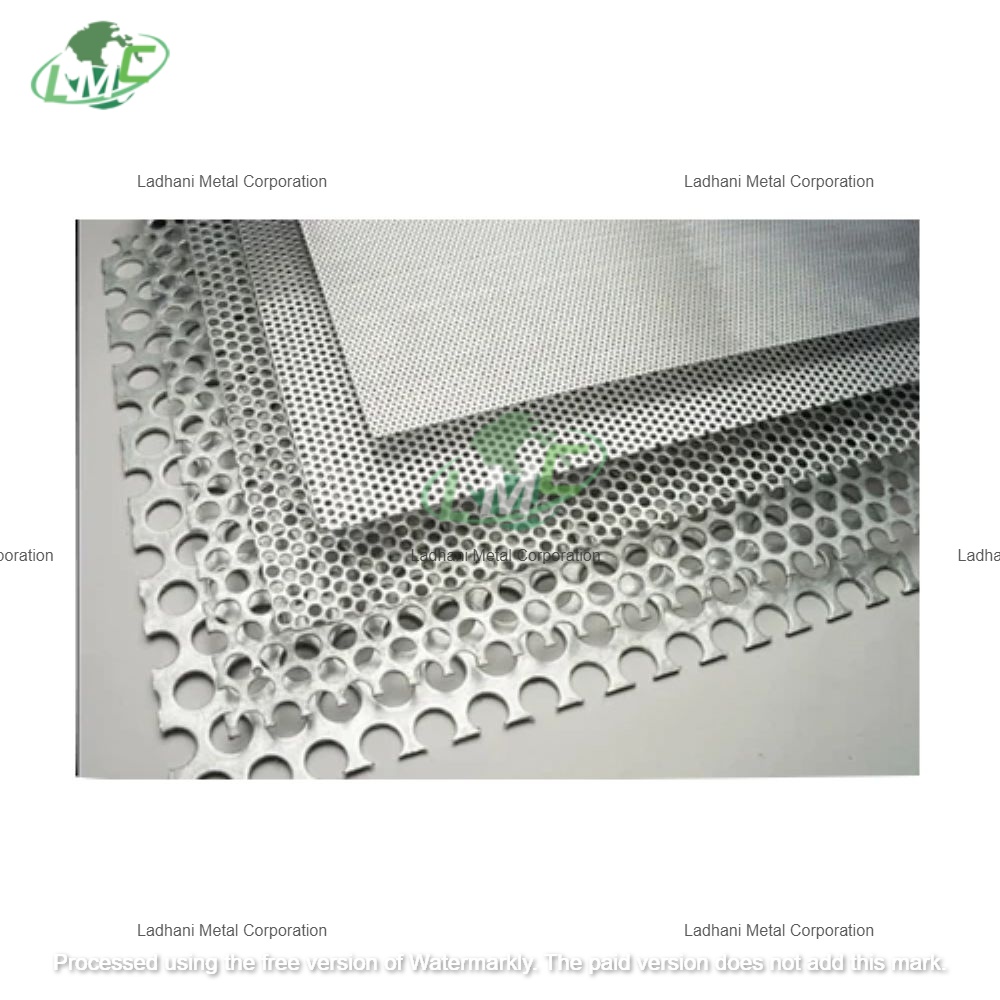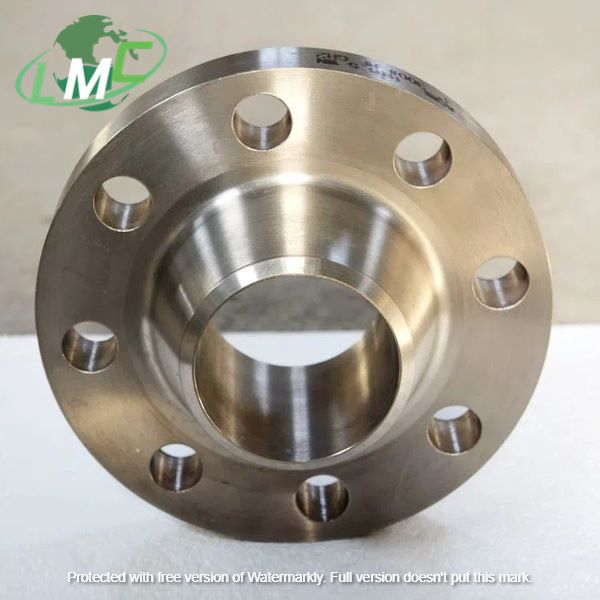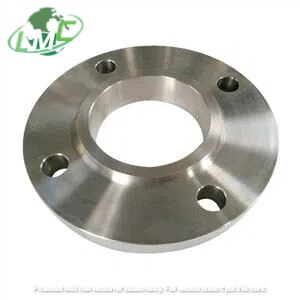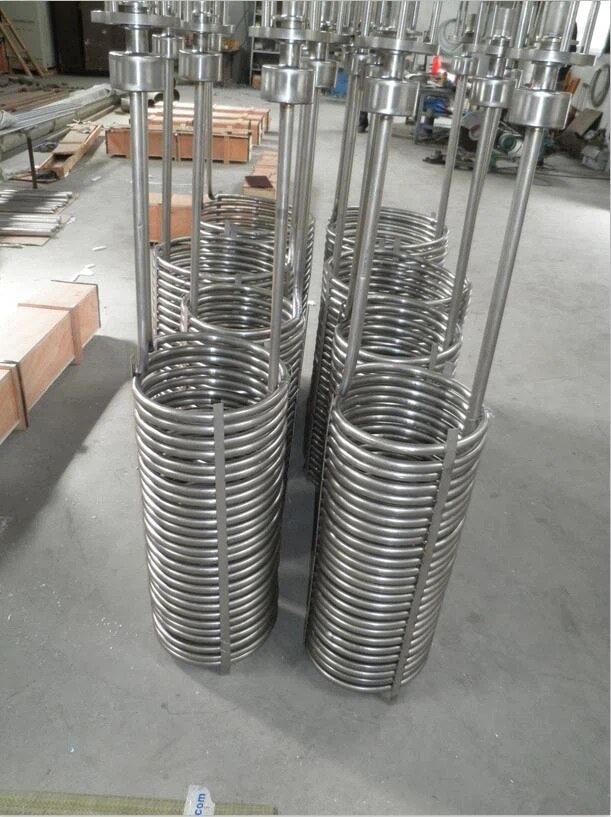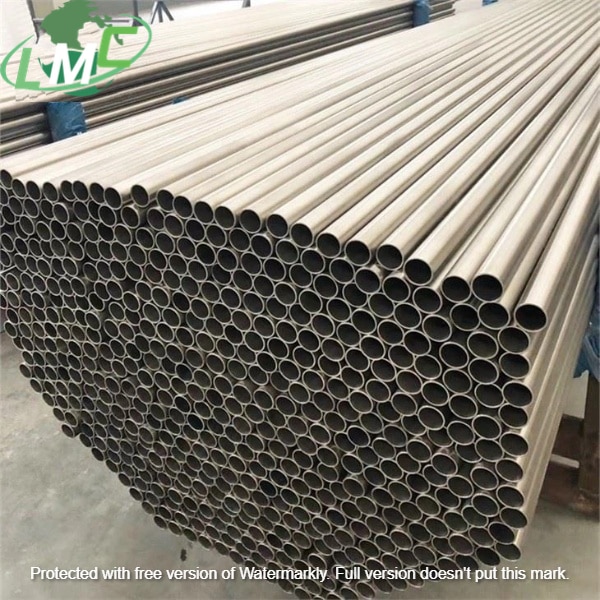DIN 2545 carbon steel flanges supplied by Ladhani Metal Corporation are designed for use in a variety of industrial applications requiring strength, durability, and resistance to corrosion under moderate temperatures and pressures. These flanges are made from high-quality carbon steel, offering excellent mechanical properties and weldability, making them suitable for both low- and high-pressure systems. With a pressure rating of PN 40, these flanges are built to withstand pressures up to 40 bar, ensuring secure and leak-free connections in demanding applications across different industries, including chemical processing, power generation, and construction. Types of DIN 2545 Carbon Steel Flanges: Flat Face Flanges (FF) – These flanges have a flat sealing surface and are primarily used in low-pressure applications where uniform distribution of sealing force is required. Raised Face Flanges (RF) – These flanges feature a raised surface around the bolt holes, providing enhanced sealing pressure, making them ideal for high-pressure applications. Ring-Type Joint (RTJ) Flanges – These flanges are designed with a groove to accommodate a metal sealing ring, providing a more secure seal for high-pressure systems or environments involving high temperatures. Grades and Chemical Composition: Carbon Steel A105 Chemical Composition: C: 0.35%, Mn: 0.60-0.90%, P: 0.035% max, S: 0.035% max, Si: 0.10-0.35%, Fe: balance A105 is the most commonly used grade of carbon steel for flanges, offering good strength and impact resistance. It is suitable for low to medium-pressure applications and is widely used in the manufacturing of flanges for piping systems, valves, and fittings. This grade is known for its versatility and ease of welding. Carbon Steel A350 LF2 Chemical Composition: C: 0.30%, Mn: 1.00-1.50%, P: 0.035% max, S: 0.035% max, Si: 0.10-0.35%, Fe: balance A350 LF2 is a low-temperature carbon steel grade designed for use in cryogenic and low-temperature applications. It offers good toughness and is resistant to brittle fracture in environments where temperatures are lower than standard carbon steel materials can withstand. A350 LF2 is commonly used in the oil, gas, and power generation industries. PN 40 Pressure Rating: The "PN" rating defines the flange's pressure capacity. PN 40 indicates that the flange is capable of handling pressures up to 40 bar, making it suitable for high-pressure systems in various industrial applications that require secure and durable connections. Applications: 1. Oil and Gas Industry: Pipelines and Transport Systems: Carbon steel flanges are commonly used in oil and gas pipelines to connect sections of pipe, valves, and other components. They provide a reliable seal and are capable of handling high pressures and extreme temperatures. Refineries and Petrochemical Plants: Carbon steel flanges are used in refining processes and in the transportation of crude oil and natural gas. They withstand the mechanical stresses and corrosion from various chemicals. Offshore Platforms: These flanges are used in offshore oil platforms where they handle high-pressure conditions in subsea pipelines and other critical infrastructure. 2. Chemical and Petrochemical Industry: Chemical Processing Equipment: Carbon steel flanges are used in reactors, heat exchangers, and distillation columns where the materials are exposed to high-pressure chemicals. They are preferred in systems that handle neutral or moderately corrosive chemicals. Pipelines for Chemical Transport: Used in chemical plants to transport fluids that are not highly corrosive, carbon steel flanges are durable and reliable in these settings. 3. Power Generation: Steam and Gas Turbines: Carbon steel flanges are widely used in power plants, especially in steam and gas turbines, where high pressure and temperatures are present. Cooling Systems: These flanges are found in cooling water systems, heat exchangers, and other systems where water or air is circulated to cool equipment. 4. Water Treatment Plants: Water Distribution Systems: Carbon steel flanges are commonly used to connect pipes in water distribution systems, especially in municipal water treatment and sewage treatment plants. Desalination Plants: These flanges are also employed in desalination plants, where seawater is converted into fresh water, due to their strength and ability to handle high-pressure environment. Conclusion: Ladhani Metal Corporation ensures the production of these carbon steel flanges meets the highest standards of quality and precision, ensuring long-term durability and reliable performance in even the most demanding applications. Each flange is manufactured according to strict specifications and undergoes thorough testing to guarantee safe and reliable operation in high-pressure environments. #din2545 #din2545flanges #din2545carbonsteelflanges #flanges #flangessupplier
Send Message
